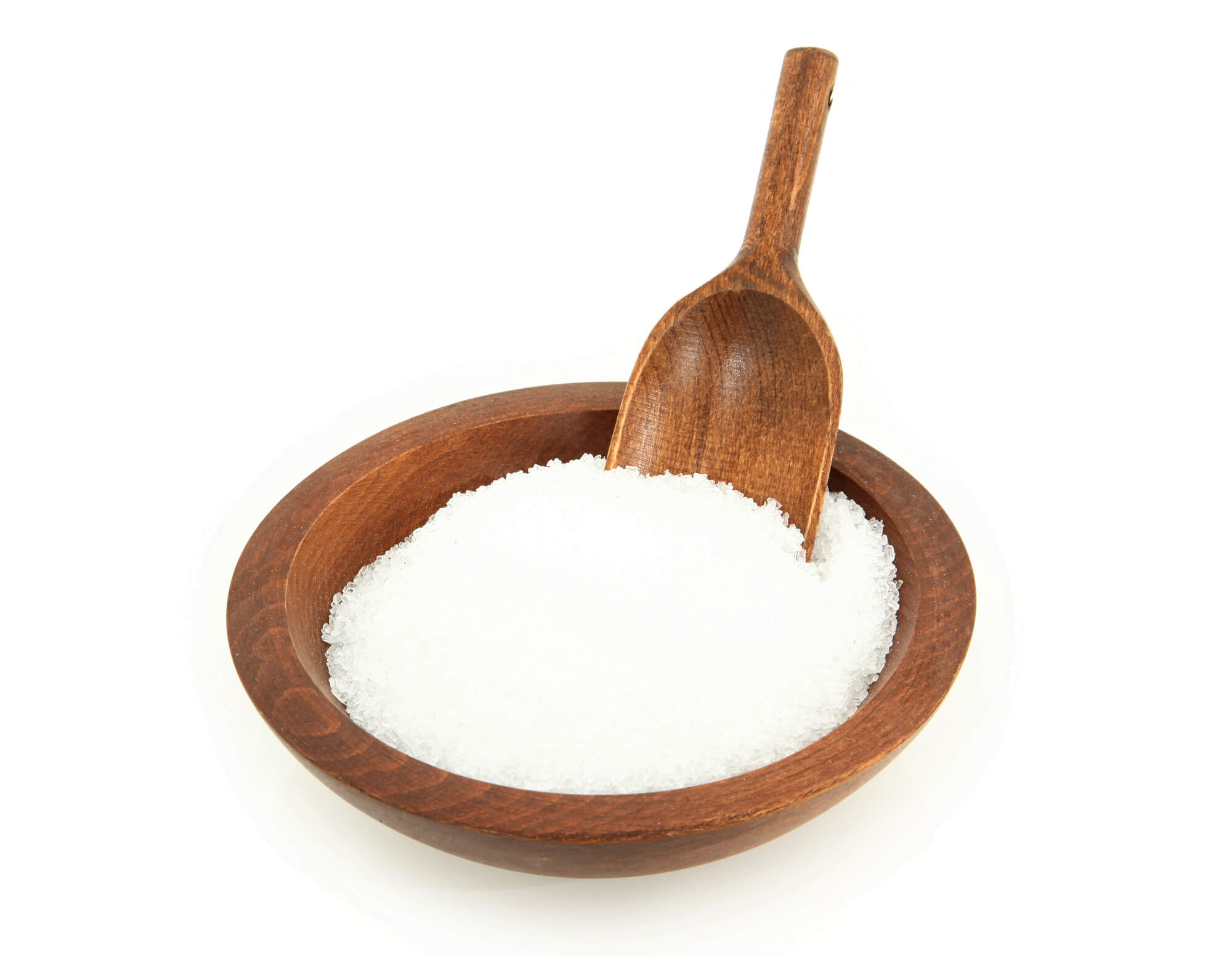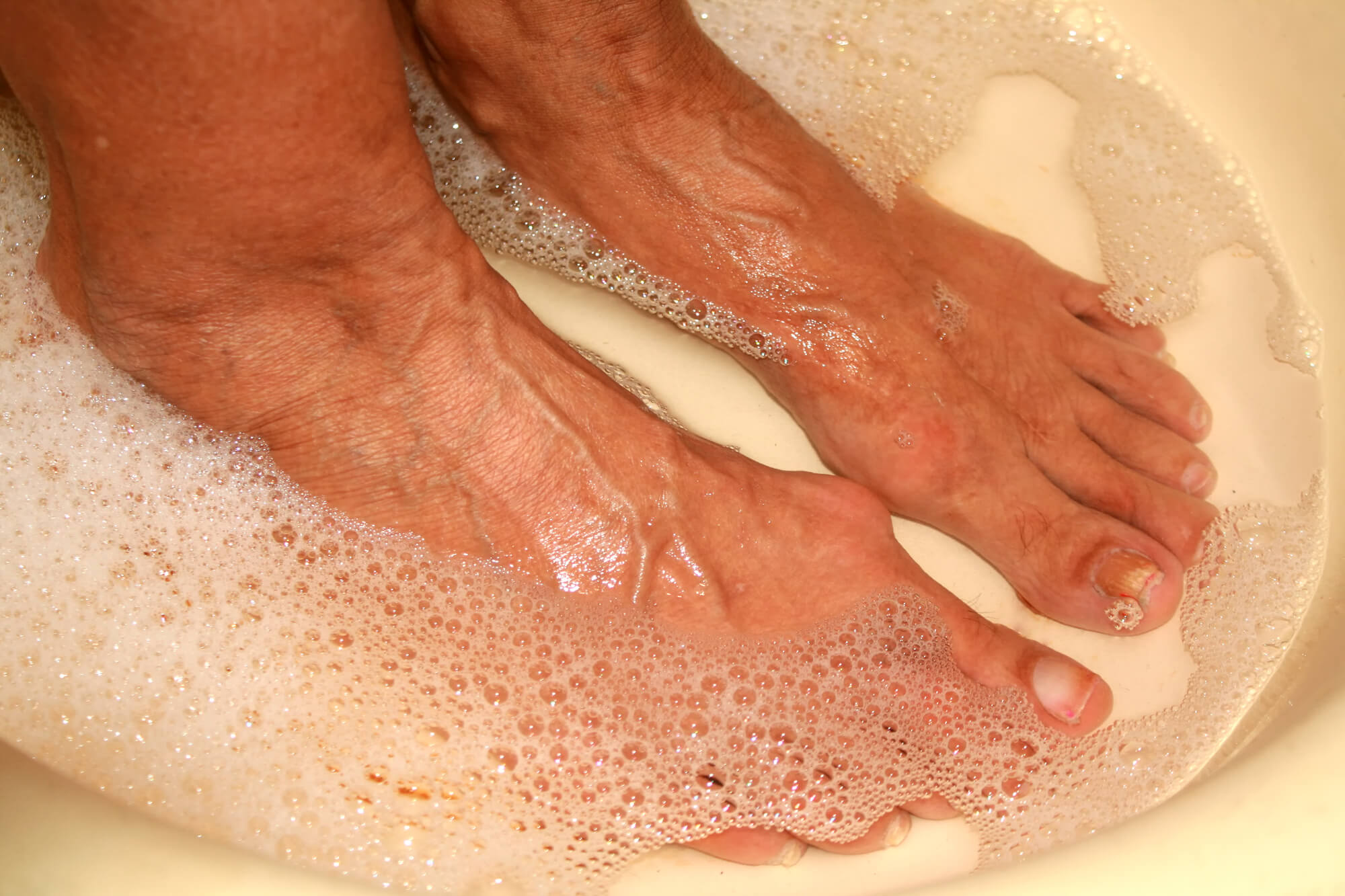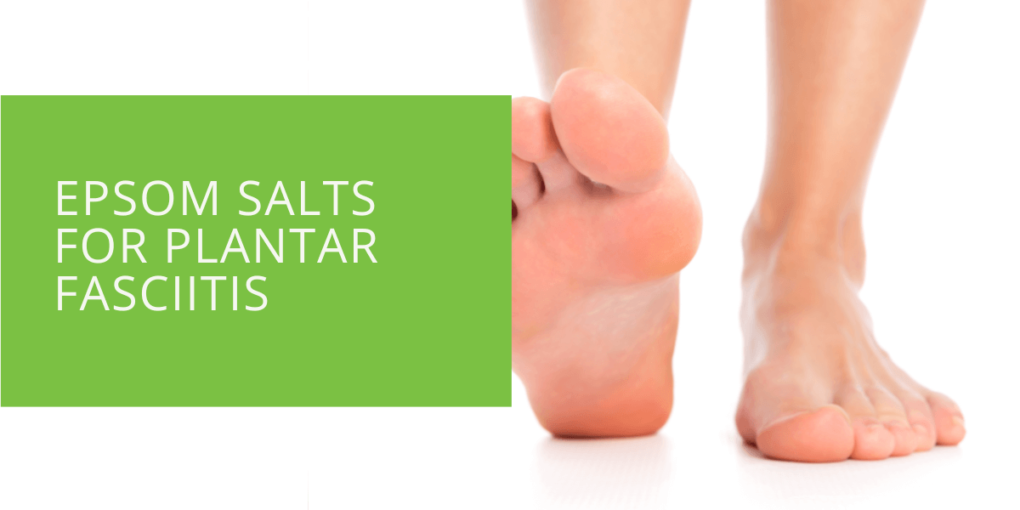Epsom Salts for Plantar Fasciitis
Plantar fasciitis is a common condition that causes pain and discomfort in the heel and bottom of the foot. It is often caused by overuse or improper footwear and can be especially painful for people who are on their feet for long periods of time, such as runners or healthcare workers. If you are suffering from plantar fasciitis, you may be considering a visit to the podiatrist or seeking out over-the-counter pain medications. However, there is another option that may help to alleviate your pain and discomfort: Epsom salts.
What is Plantar Fasciitis?
The plantar fascia is a thick band of tissue that runs along the bottom of the foot and connects the heel bone to the toes. When this tissue becomes inflamed or strained, it can cause pain and discomfort in the heel and bottom of the foot, a condition known as plantar fasciitis.
Symptoms of Plantar Fasciitis
The most common symptom of plantar fasciitis is a sharp, stabbing pain in the heel or bottom of the foot, especially when you first get out of bed in the morning or after periods of inactivity. You may also experience pain and discomfort when walking or standing for long periods of time.
Causes of Plantar Fasciitis
There are several factors that can contribute to the development of plantar fasciitis, including:
- Overuse: Activities that involve a lot of walking or standing on hard surfaces, such as running or working in a factory, can put extra strain on the plantar fascia and lead to inflammation.
- Improper footwear: Shoes that do not provide enough support or cushioning can also contribute to plantar fasciitis.
- Age: The risk of developing plantar fasciitis increases with age, as the plantar fascia becomes less flexible and more prone to injury.
- Weight: Being overweight puts extra strain on the plantar fascia, increasing the risk of plantar fasciitis.
- Foot structure: People with flat feet or high arches may be more prone to plantar fasciitis.

What are Epsom Salts and How Do They Work?
Epsom salts, also known as magnesium sulfate, are a type of mineral that has a variety of health benefits. They are named after the town of Epsom in England, where they were originally discovered in natural springs. Epsom salts have been used for centuries as a natural remedy for a wide range of health conditions, including plantar fasciitis.
Epsom salts work by helping to reduce inflammation and improve circulation. When absorbed through the skin, the magnesium in Epsom salts can help to relax muscles and reduce inflammation, while the sulfates can help to flush toxins out of the body and improve circulation.
Benefits of Epsom Salts
There are many potential benefits to using Epsom salts for plantar fasciitis, including:
- Pain relief: Epsom salts can help to reduce inflammation and muscle spasms, which can alleviate pain and discomfort in the foot.
- Improved circulation: The sulfates in Epsom salts can help to improve circulation, which can help to speed up the healing process and reduce inflammation.
- Relaxation: The magnesium in Epsom salts can help to relax muscles and reduce stress, which can help to improve sleep and overall well-being.
- Natural remedy: Epsom salts are a natural, drug-free option for relieving plantar fasciitis pain and discomfort, making them a safe and effective alternative to over-the-counter pain medications.

How to Use Epsom Salts for Plantar Fasciitis
There are several different ways to use Epsom salts for plantar fasciitis, including Epsom salt baths and Epsom salt soaks.
Epsom Salt Baths
Epsom salt baths are a simple and effective way to use Epsom salts for plantar fasciitis. To take an Epsom salt bath:
- Fill your bathtub with warm water, making sure to leave enough room for your feet to be fully immersed.
- Add two cups of Epsom salts to the water and mix well until the salts are fully dissolved.
- Soak your feet in the Epsom salt bath for 15-20 minutes, allowing the minerals to be absorbed through your skin.
- Rinse your feet with warm water and pat them dry.
Epsom Salt Soaks
If you don't have a bathtub, or if you prefer a more targeted treatment, you can use Epsom salts for a foot soak. To use Epsom salts for a foot soak:
- Fill a large bowl or basin with warm water, making sure it is deep enough to fully immerse your feet.
- Add one cup of Epsom salts to the water and mix well until the salts are fully dissolved.
- Soak your feet in the Epsom salt soak for 15-20 minutes, allowing the minerals to be absorbed through your skin.
- Rinse your feet with warm water and pat them dry.

Tips for Using Epsom Salts for Plantar Fasciitis
To get the most out of Epsom salts for plantar fasciitis, there are a few tips you can follow:
- Frequency of use: Epsom salt baths or soaks can be taken once or twice a week, depending on your individual needs and tolerance. If you are not sure how often to use Epsom salts, it is best to start with once a week and adjust as needed.
- Precautions to take: While Epsom salts are generally safe to use, it is important to be cautious if you have sensitive skin or allergies. It is also important to avoid getting Epsom salts in your eyes, and to rinse your feet thoroughly after using them to avoid any irritation.
- Other treatments: While Epsom salts can be an effective treatment for plantar fasciitis, they may not work for everyone. If you are not seeing improvement after using Epsom salts for a few weeks, it is a good idea to speak with a podiatrist or healthcare provider for further evaluation and treatment options.
Conclusion
Plantar fasciitis can be a painful and frustrating condition, but there are natural and home remedies that can help to alleviate pain and discomfort. Epsom salts are a simple and effective option for relieving plantar fasciitis pain, and can be used in the form of Epsom salt baths or soaks. While Epsom salts may not work for everyone, they are a safe and natural alternative to over-the-counter pain medications, and are worth trying if you are looking for relief from plantar fasciitis.

